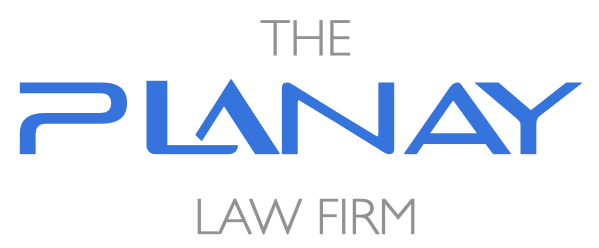Tennessee 1st to Protect Musicians from AI
New Law Adds “Voice” Property Right to “Name, Image, and Likeness”
The Tennessee General Assembly’s Comment on the new legislation is summarized as follows:
BILL SUMMARY
This bill replaces the "Personal Rights Protection Act of 1984" with a new act to be known as the "Ensuring Likeness, Voice, and Image Security Act of 2024.
PROPERTY RIGHT IN USE OF NAME, PHOTOGRAPH, VOICE, AND LIKENESS
Present law provides that every individual has a property right in the use of that person's name, photograph, or likeness in any medium in any manner. This bill adds to the present law by providing that an individual also has a property right in the use of that individual's voice.
EXCLUSIVITY AND DURATION OF RIGHT
Present law provides that the property rights are deemed exclusive to the individual during lifetime plus 10 years; and may be terminated thereafter by proof of 2 years of non-use. This term and termination regime now includes “voice” in these property rights.
UNAUTHORIZED USE PROHIBITED
Present law provides that any person who knowingly uses or infringes upon the use of another individual's name, photograph, or likeness in any medium, in any manner directed to any person other than such individual, as an item of commerce for purposes of advertising products, merchandise, goods, or services, or for purposes of fund raising, solicitation of donations, purchases of products, merchandise, goods, or services, without such individual's prior consent is liable to a civil action. This infringement regime now includes “voice.”
This bill provides that a person is liable to a civil action if the person publishes, performs, distributes, transmits, or otherwise makes available to the public an individual's voice or likeness, with knowledge that use of the voice or likeness was not authorized by the individual or, in the case of a minor, the minor's parent or legal guardian, or in the case of a deceased individual, the executor or administrator, heirs, or devisees of such deceased individual.
This bill also provides that a person is liable to a civil action if the person distributes, transmits, or otherwise makes available an algorithm, software, tool, or other technology, service, or device, the primary purpose or function of which is the production of an individual's photograph, voice, or likeness without authorization from the individual or, in the case of a minor, the minor's parent or legal guardian, or in the case of a deceased individual, the executor or administrator, heirs, or devisees of such deceased individual.
REMEDIES
Present law authorizes the chancery and circuit court having jurisdiction for any action arising pursuant to existing law to grant injunctions on such terms as it may deem reasonable to prevent or restrain the unauthorized use of an individual's name, photograph, or likeness. The prevention or restraint of the unauthorized use of a person’s “voice” is now authorized.
STANDING
Additionally, this bill provides that where a person has entered into a contract for an individual's exclusive personal services as a recording artist or an exclusive license to distribute sound recordings that capture an individual's audio performances, an action to enforce the rights set forth in present law may be brought by the person or the individual.
EXEMPTIONS
Present law provides it is deemed a fair use when in connection with any news, public affairs, or sports broadcast or account. This bill adds “voice” to this regime; and clarifies there is fair use only to extent protected by the 1st Amendment.
Present law prohibits the use of a name, photograph, or likeness in a commercial medium from constituting a use for purposes of advertising or solicitation solely because the material containing such use is commercially sponsored or contains paid advertising. This bill adds “voice” to this regime; and adds to the present law by also requiring that it be a question of fact whether or not the use of the complainant individual's voice was so directly connected with the commercial sponsorship or with the paid advertising as to constitute a use for purposes of advertising or solicitation.
Finally, present law prohibits the above provisions from applying to the owners or employees of any medium used for advertising who have published or disseminated any advertisement or solicitation in violation of the existing law, unless it is established that such owners or employees had knowledge of the unauthorized use of the individual's name, photograph, or likeness as prohibited by existing law. This bill changes this standard such that it applies to owners or employees who had knowledge, or reasonably should have known of the unauthorized use. This bill also applies the same standard to the unauthorized use of an individual's voice.
